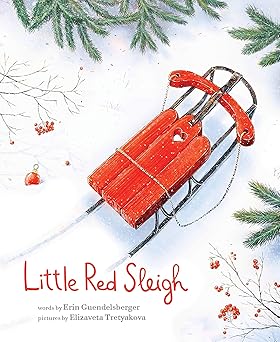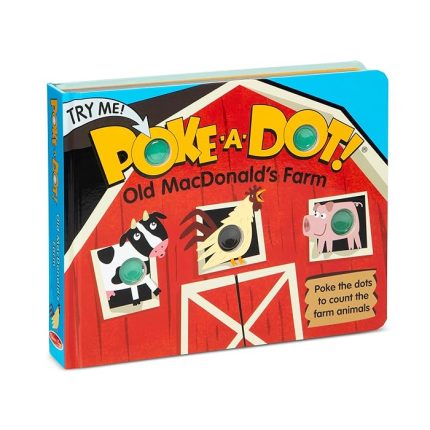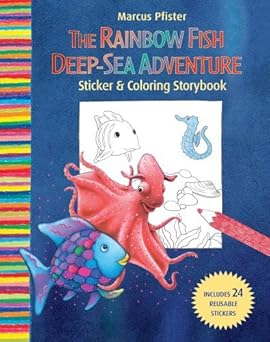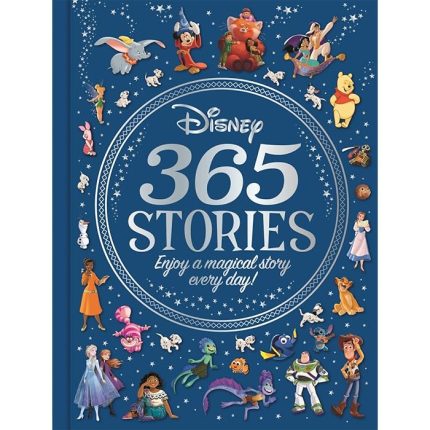Description
Here are some fun and challenging brain games for clever kids to boost their problem-solving skills, creativity, and critical thinking:
### 1. **Sudoku**
– **Age**: 7+
– **Description**: Sudoku puzzles are great for developing logical thinking. The goal is to fill a 9×9 grid with numbers so that each column, row, and 3×3 subgrid contains every number from 1 to 9.
– **Benefit**: Boosts problem-solving, pattern recognition, and concentration.
### 2. **Tangrams**
– **Age**: 5+
– **Description**: A tangram set consists of seven flat shapes (called tans) that can be arranged to form various shapes like animals, people, or objects.
– **Benefit**: Enhances spatial reasoning, creativity, and geometry skills.
### 3. **Riddles and Puzzles**
– **Age**: 6+
– **Description**: Presenting riddles or brain teasers challenges kids to think outside the box. Examples include:
– *”What has keys but can’t open locks?” (A piano)*
– *”The more you take, the more you leave behind. What am I?” (Footsteps)*
– **Benefit**: Improves logical thinking, language skills, and creativity.
### 4. **Memory Games**
– **Age**: 4+
– **Description**: Simple card games, such as **Memory Match**, where children need to find pairs of matching cards, help sharpen memory and concentration. You can make it more challenging by increasing the number of cards.
– **Benefit**: Enhances short-term memory, focus, and attention to detail.
### 5. **Crossword Puzzles**
– **Age**: 8+
– **Description**: These puzzles involve filling in blank squares with words based on clues. They can be tailored to different themes (e.g., animals, sports, or countries) and can vary in difficulty.
– **Benefit**: Improves vocabulary, language skills, and deductive reasoning.
### 6. **Escape Room Games**
– **Age**: 10+
– **Description**: Virtual or physical escape room games require children to solve a series of puzzles to “escape” a locked room or situation. These games often involve finding hidden clues and using logic.
– **Benefit**: Enhances teamwork, problem-solving, and critical thinking.
### 7. **Jigsaw Puzzles**
– **Age**: 5+
– **Description**: Jigsaw puzzles come in various themes and difficulty levels. They require a child to piece together a picture by matching edges and patterns.
– **Benefit**: Enhances spatial awareness, patience, and concentration.
### 8. **Brain-Training Apps (e.g., Lumosity)**
– **Age**: 8+
– **Description**: Apps like Lumosity offer fun games designed to improve memory, attention, problem-solving, and mental agility through different challenges.
– **Benefit**: Strengthens cognitive skills through daily mental exercises.
### 9. **Logic Grid Puzzles**
– **Age**: 8+
– **Description**: These puzzles involve using a grid to figure out which items belong together based on clues. For example: “Emma is older than Ethan but younger than Noah. Who is the oldest?”.
– **Benefit**: Develops logical thinking, deductive reasoning, and attention to detail.
### 10. **Codebreaker/Secret Codes**
– **Age**: 7+
– **Description**: Kids can crack simple ciphers or secret codes, such as the Caesar Cipher, by shifting letters of the alphabet.
– **Benefit**: Boosts logical reasoning, pattern recognition, and cryptography skills.
### 11. **Chess**
– **Age**: 6+
– **Description**: Chess is a classic game that challenges kids to think ahead, plan their moves, and strategize.
– **Benefit**: Improves strategic thinking, planning, and concentration.
### 12. **Spot the Difference**
– **Age**: 5+
– **Description**: Spot the Difference puzzles require kids to identify the differences between two similar images. This game helps develop attention to detail.
– **Benefit**: Boosts visual attention and focus.
### 13. **Math Challenges**
– **Age**: 7+
– **Description**: Fun math puzzles, such as simple arithmetic challenges or problems that require finding patterns, can help improve math skills.
– **Benefit**: Strengthens mathematical thinking and problem-solving skills.
### 14. **Shadow Matching**
– **Age**: 5+
– **Description**: Kids match objects with their corresponding shadow. This game requires visual processing and understanding of shapes and light.
– **Benefit**: Develops spatial awareness and visual discrimination.
### 15. **Word Search**
– **Age**: 6+
– **Description**: Word search puzzles involve finding hidden words within a grid of letters. Words can be placed horizontally, vertically, or diagonally.
– **Benefit**: Improves vocabulary, concentration, and pattern recognition.





Reviews
There are no reviews yet.